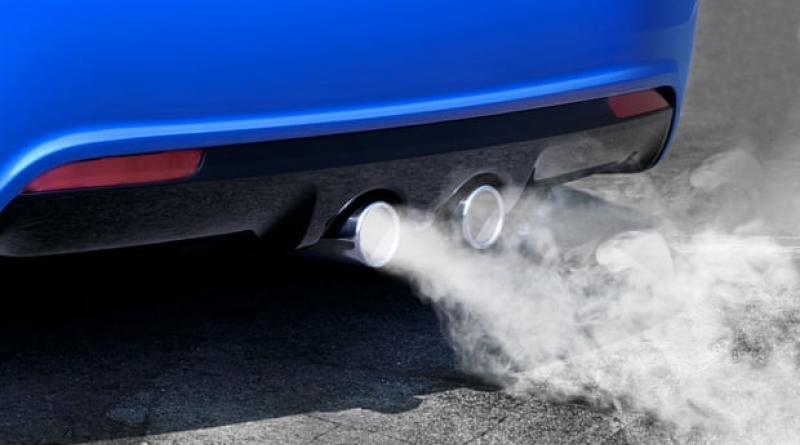Carmakers accused of trying to use crisis to avert emissions crackdown.

Campaigners describe lobbying of EU to defer impending regulations as shameless.
The motor industry has been accused by campaigners of trying to use the coronavirus crisis to avert stricter environmental regulation, after correspondence showed carmakers had lobbied the EU to defer impending laws.
The European carmakers’ association, ACEA, and other groups representing the supply chain called on the EU to delay implementing regulations because the pandemic had affected its “plans to comply”. Laws due to come into effect include tougher targets on vehicle CO2 emissions.
In a letter to the EU commission president, Ursula von der Leyen, the groups said production and sales of cars had stalled in many countries and companies were facing a cash crisis.
While appealing for more financial aid to maintain liquidity, the ACEA said activities such as development and testing would inevitably suffer, which “upsets the plans we had made to prepare ourselves for complying with existing and future EU laws and regulations within the applicable deadlines”.
It said: “We believe therefore that some adjustment would need to be made to the timing of these laws. Please be assured, however, that it is not our intention to question the laws as such nor the underlying objectives of road safety, climate change mitigation and protection of the environment.”
European laws on CO2 emissions of new vehicles have applied since 2015 and a further tightening of the rules is due in January 2021. Manufacturers could potentially face huge fines for non-compliance, although the targets have pushed production towards less polluting cars.
Campaigners described the call as shameless. Greenpeace UK’s executive director, John Sauven, said: “Many industries are facing difficulties during this challenging period that require governments and corporations to protect their workers. But it would be a mistake to use this crisis as a reason to roll back on environmental regulations. One, it won’t suddenly restart car sales, and two, tackling one crisis can’t be done at the expense of another one.”
Julia Poliscanova, the clean vehicle director at Transport and Environment, said: “The priority now is to ensure the health, safety and job security of the workers affected by the current factory closures. While the overall economic recovery is crucial, we shouldn’t let some opportunistic carmakers use the crisis to shamelessly roll back the EU climate targets for cars. Selling less cars won’t impact compliance with the law. What matters is the type of car you sell.”
The big German carmakers Daimler, VW and BMW have already indicated they are aiming to comply with the new CO2 targets regardless of the current situation.
The ACEA director general, Eric-Mark Huitema, said the industry was not questioning any specific laws or the underlying objectives of tackling the climate emergency. He said: “The primary concern of ACEA and all its members right now is to manage the immediate crisis facing the auto industry, which has essentially come to an abrupt halt – something the sector has never experienced before.
“In this emergency context, it has not yet been possible to undertake a detailed analysis of the implications of this crisis on legislation affecting our industry. [But] there will inevitably be consequences in this domain.”
The European commission said it would respond to the letter from the car manufacturers in due course.
However, the commission made it clear that the European green deal, announced last December and the flagship policy of von der Leyen, would continue. The green deal will encompass all aspects of European industry, transport and environmental regulation, and require steep emissions reductions to meet the intended bloc-wide goal of net zero emissions by 2050.
A spokesperson said: “The commission is determined to use all the policy tools at its disposal to help protect citizens and mitigate the coronavirus pandemic’s severely negative socioeconomic consequences. We must also ensure that the recovery is as sustainable as possible – both economically and environmentally.”
Mike Hawes, the chief executive of the UK-based Society of Motor Manufacturers and Traders, said: “Manufacturers are committed to meeting all necessary safety and environmental regulations, but we cannot forecast how this crisis will unfold or what new requirements may be needed.”
As governments prepare rescue packages for industry and stimulus packages amounting to trillions around the world, some experts are concerned that emergency stimulus money will prop up fossil fuel companies, and are calling for the spending to come with conditions attached to ensure companies must pursue a greener path.
However, the coronavirus crisis has led to calls from some quarters to weaken environmental regulations and ignore CO2 reduction targets. In the US, the Environmental Protection Agency has announced a rollback of certain regulations, and in the UK there have been calls for tax breaks and the removal of emissions obligations.
27 March 2020
The Guardian




